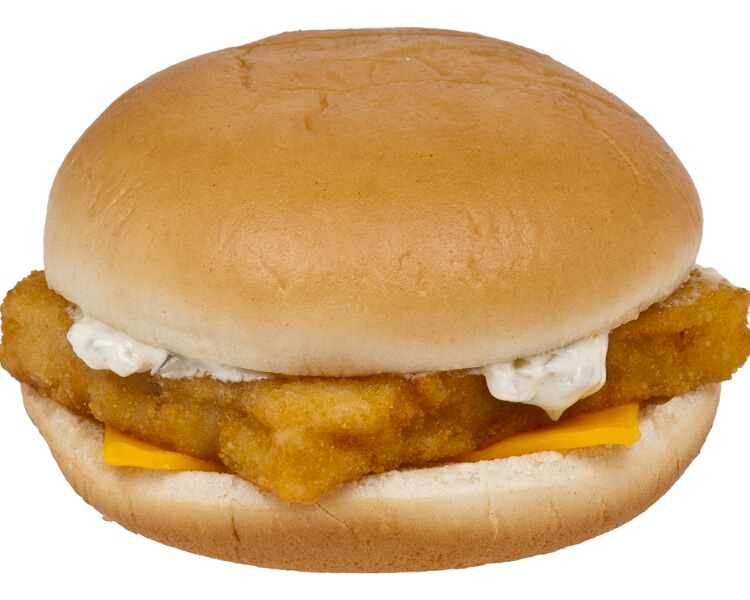The practice of meatless Fridays dates back to 9th century. Catholics refrained from eating meat of any kind on this last working day. Not many are practising it these days. But if they do, it could help to prevent a lot of greenhouse emissions, a study shows.
Meatless Fridays and Catholic Church
The practice of meatless Fridays started in the 9th century from Pope Nicholas I’s declaration. The Pope instructed people to stop having meat (flesh, marrow or blood) on every Fridays in memory of the death and crucifixion of Lord Christ. But people can take vegetables, fish, crabs, turtles and frogs on that day.

Earlier this practice had fervent followers. Therefore, the fast food chain McDonald’s started Filet-o-Fish meal specially for this day. But the followers dropped considerably over the years. And in 2011, the Catholic bishops of England and Wales asked people to restart the meat free Fridays. A quarter of Catholics complied. But it helped save 55,000 tonnes of carbon a year, researchers from the university of Cambridge found out.
The study details
The principal author Professor Shaun Larcom from Cambridge’s Department of Land Economy and his research team combined the new survey data with that from the diet and social studies to study the effect of the Church’s statement from September 2011 onwards on the environment.
The Catholic share in the UK is at 10%. 28% of those in England and Wales changed their Friday diet after the Pope’s announcement. 41% completely stopped having meat on Fridays and 55% said that they are less meat on that day. Average intake of meat per day in England and Wales is 100 grams per person. When Catholics had meatless Fridays, the average meat intake of the population reduced by 2 grams per day.

But the effect of this small change on decrease of greenhouse gas emissions was enormous. If Scotland and Northern Ireland Catholics also observed meat free Fridays, the climate change positive effects would improve.
If the USA Catholic bishops also issue this obligation to curb meat eating on Fridays, the environmental benefits would be at least twenty times more compared to that in the UK. The current Catholic leader, Pope Francis, has urged people to act prudently to save the planet. But the researchers add that if the Pope calls for meat-free Fridays globally, it could drastically reduce millions of tonnes of greenhouse gases per year. Shaun says:
“The Catholic Church is very well placed to help mitigate climate change, with more than one billion followers around the world,”
“Meat agriculture is one of the major drivers of greenhouse gas emissions. If the Pope was to reinstate the obligation for meatless Fridays to all Catholics globally, it could be a major source of low-cost emissions reductions,”
“Even if only a minority of Catholics choose to comply, as we find in our case study.”
Expert say
The co-author of the study, Dr Po-Wen She, from the Cambridge’s Department of Land Economy opines:
“Our results highlight how a change in diet among a group of people, even if they are a minority in society, can have very large consumption and sustainability implications,”
Read more: Insect farming: profitable business, trade, products, health, and climate-friendly

And co-author, Dr Luca Panzone from Newcastle University adds:
“While our study looked at a change in practice among Catholics, many religions have dietary proscriptions that are likely to have large natural resource impacts. Other religious leaders could also drive changes in behaviour to further encourage sustainability and mitigate climate change.”
